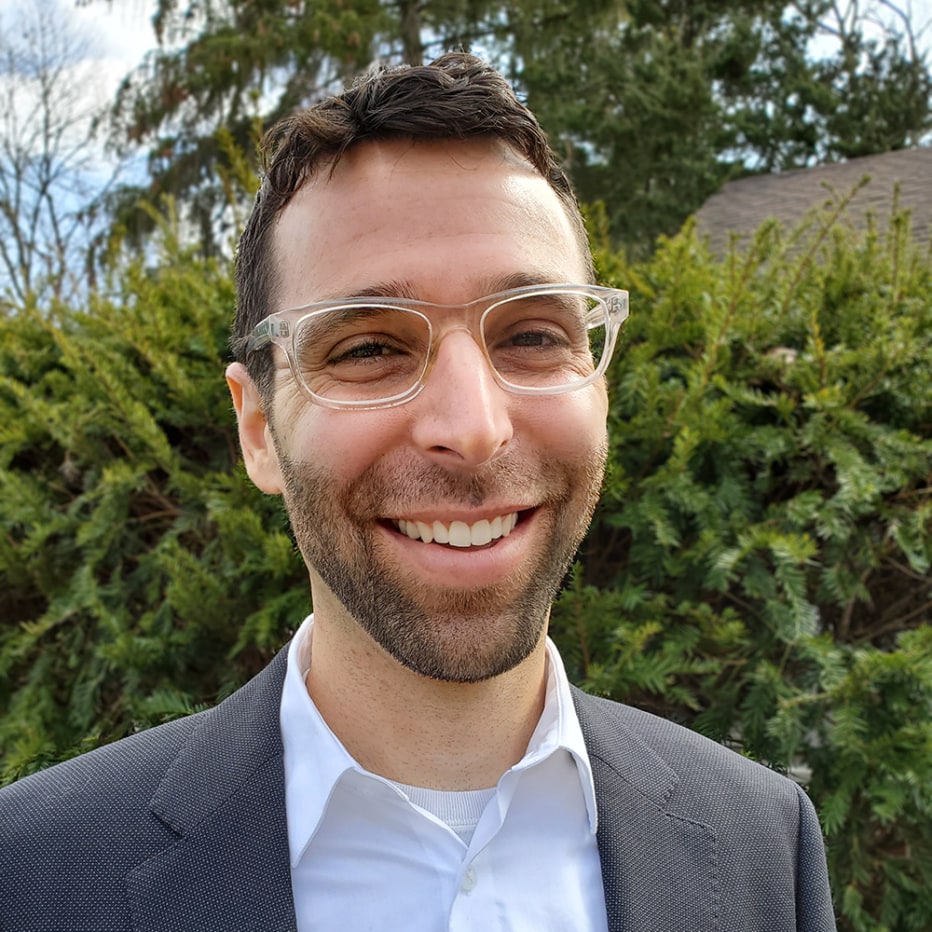
News

Bringing Relevance to Tu Bishvat
February 1, 2021
There are four Jewish new years. The first may be fairly obvious to some, Rosh HaShanah, literally “the head of the year.” The others less so, and their calendar significance has fallen mainly into obscurity over time. We don’t pay much attention to them, or at least to the fact that they mark a new cycle of the year. One of them has to do with a tax that we don’t really follow anymore, and another is often looped into a popular holiday. I will leave that one out. If you know or find it in a book or the all-knowing Google, send me an email. I’d like to focus on one that has a very different history than the other three. It started as a popular holiday, fell into obscurity, and then rose again to popularity in recent times. Holidays, you see, only carry significance when we bring them value. The most profound ritual is void without anyone to practice it. The new year I am referring to is one we celebrate around this time of the year, the new year of the trees or Tu Bishvat.
The reason it fell into disuse is simple. Jews celebrated Tu Bishvat widely until our people were exiled from the land of Israel. Without living in the land of Israel, and without land really to call their own, Jews for many generations didn’t have the space to plant trees and celebrate their bloom. Jews celebrated the holiday, but the practice had to shift. Instead of planting trees, people celebrated their fruit, blessings offered over tasting the first natural food of the new season. Still today we celebrate different kinds of fruit, and many will find some new fruit they haven’t tried in a while so that they can say the shehecheyanu over the new experience. In our house, Dori and I usually scout out a dragonfruit or some rare tropical delight. Back in California, I picture us looking around for what is growing in our neighborhood. This land is so much like the land of Israel, fruits spilling out over fences, pomegranates bursting with seeds right on the branch. Southern California is known as a Mediterranean climate, our own little golden promised land.
Back to the history, Tu Bishvat was sparsely celebrated until the kabbalists got a hold of it. This innovative, creative, and deeply spiritual group from the 16th century brought several new things to our tradition and breathed all kinds of life into our ancient practice, among them much of our Friday night experience. They brought mystical significance to Tu Bishvat, adding a seder to the holiday complete with parallels to the four worlds of the kabbalah (more on that another time). This brought back this holiday somewhat but it still didn’t completely regain widespread practice until the 20th century, and that’s for two reasons.
The first is also reasonably simple, Jews returned to the land of Israel. Again people could celebrate the planting of trees in that ancient land, and it became a theme of the Zionist movement to repopulate the modern state with trees.
The second is less obvious, and that is that we began to learn more about our natural world. We started to find out that our living was making significant negative impacts on the world around us. We learned that our world is fragile and our living in it is with a delicate balance. Our tradition has always had a strong connection to the earth and so the environmental movement captured our people’s hearts. It was only a matter of time before we began to find seeds for that marriage between Judaism and Environmentalism in our holidays. On Sukkot we build and live outside, on Shabbat we describe the canopy of the stars and our fragile earth, and lo and behold, there is an entire holiday just to celebrate trees.
I think that what rises and falls in practice shares where the heart of a community is, and so it is significant that we again celebrate Tu Bishvat as a Jewish People. Not only is our impact more evident now with the advent of new instruments that measure carbon levels and global temperatures, but we seem to need to return to our natural world. Especially now, when so much of our life is conducted online, I invite us to take this holiday as an invitation and perhaps even expand its practice. Enjoy our beautiful and bountiful world, and find yourself outside drinking in the sun and tasting the fresh and sweet air like a new fruit in your mouth. Shehecheyanu.